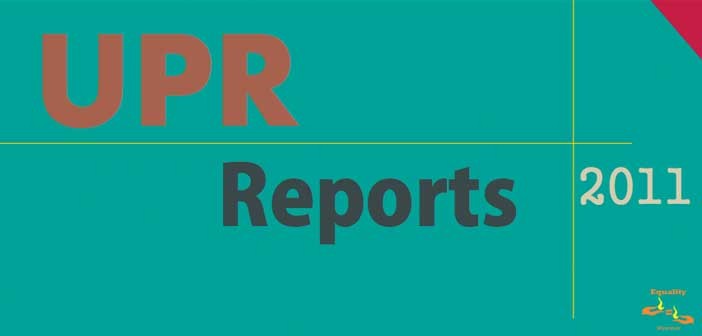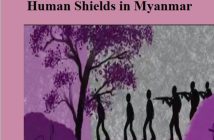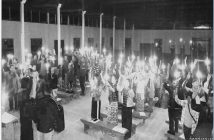
 The Human Rights Council is the primary body within the United Nations system to address human rights. The Council was established on 15 March 2006 and is made up of 47 states, each elected by the General Assembly to serve a four year term.
The Human Rights Council is the primary body within the United Nations system to address human rights. The Council was established on 15 March 2006 and is made up of 47 states, each elected by the General Assembly to serve a four year term.
On 18 June 2007, the Council adopted an ‘institution building package’ which included a new mechanism for reviewing the human rights obligations and commitments of all UN member states every four years—this new mechanism is the Universal Periodic Review (UPR). The UPR is a unique process in which a variety of stakeholders, including the state under review, international agencies and national civil society organizations have the opportunity to submit information about the human rights situation in a given country. Since all UN member states are reviewed, the UPR ensures an equal playing field. Nongovernmental organizations are integral to the process and are invited to submit individual and joint reports to the Office of the High Commissioner for Human Rights; these reports are summarized and compiled into a single stakeholder report. NGOs can also attend the UPR Working Group sessions and can make statements at the regular session of the Human Rights Council when the outcome of the state review is considered.
The Human Rights Education Institute of Burma (HREIB) is a nongovernmental organization that facilitates a broad range of human rights training and advocacy programs for grassroots organizations and community leaders. HREIB initiated this project to raise awareness about the UPR process with civil society groups from Burma and to coordinate advocacy efforts with those groups to ensure the government of Burma fulfils its human rights obligations.
Specifications
- Publisher: HREIB
- Language: Burmese, English
- Published: 2011
- Paperback: 105 pages






